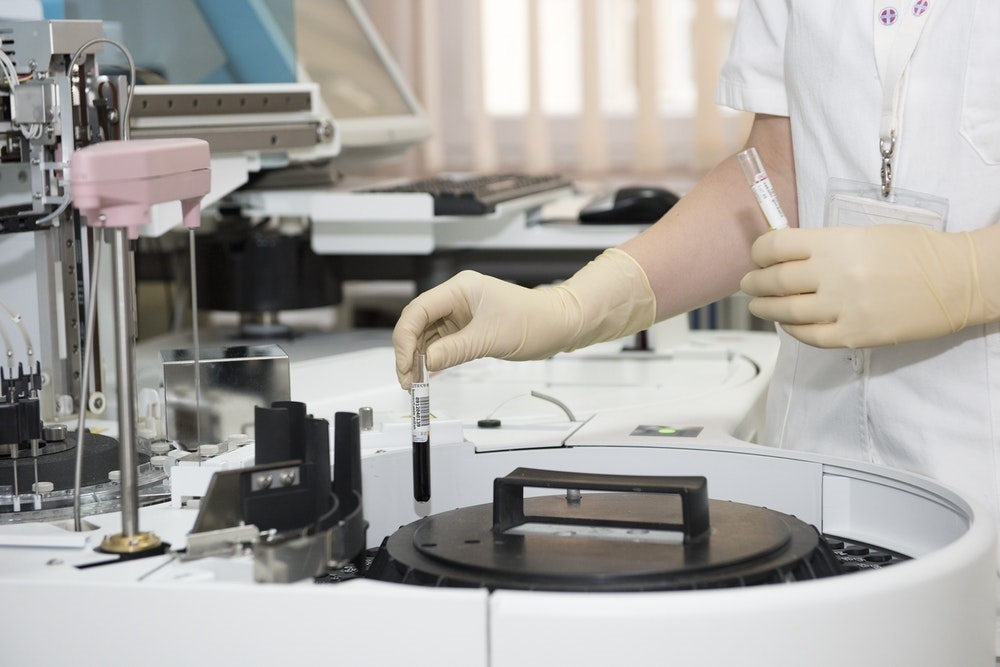
Recalls of medical devices occur when a company sees a need to either take corrective action or remove a potentially hazardous device from the market, according to the U.S. Food and Drug Administration.
Recalls, which are usually initiated by companies but can also be ordered by the FDA, take place when a device has defects or when it poses dangers to human health, the FDA's website says.
The FDA reviews how companies plan to deal with problems with their devices and can assign a classification of risk to a problem raised by the manufacturer. The FDA can assign one of three classifications: Class 1, referring to a reasonable chance of serious health threats or death; Class II, when a temporary health condition can result, or when there is a small risk of serious injury or death; or Class III, when no health problem or injury is likely.
The agency posts notifications about recalls on its Medical Device Recall Database and may also post company press releases or announcements to warn consumers about such problems.
---
Medical Devices Recalled in May 2019
| Date | Company | Description of Problem |
| May 6 | Alpha Omega Engineering | Neuro Omega System recalled as a result of design flaw that may harm tissue. |
| May 16 | Ethicon | Circular Staplers recalled for failures and firing problems. |
| May 23 | Beckman Coulter Life Sciences | DxH800, DxH600 and DxH900 Hematology Analyzers found to have risk of inaccuracies. |
| May 24 | Edwards Lifesciences LLC | EV1000 Clinical Platforms at risk of short-circuiting and possibly catching fire. |
| May 24 | Integra LifeSciences | LimiTorr Volume Limiting CSF Drainage System and MoniTorr ICP External CSF Drainage and Monitoring System recalled due to risk of component breakage. |




